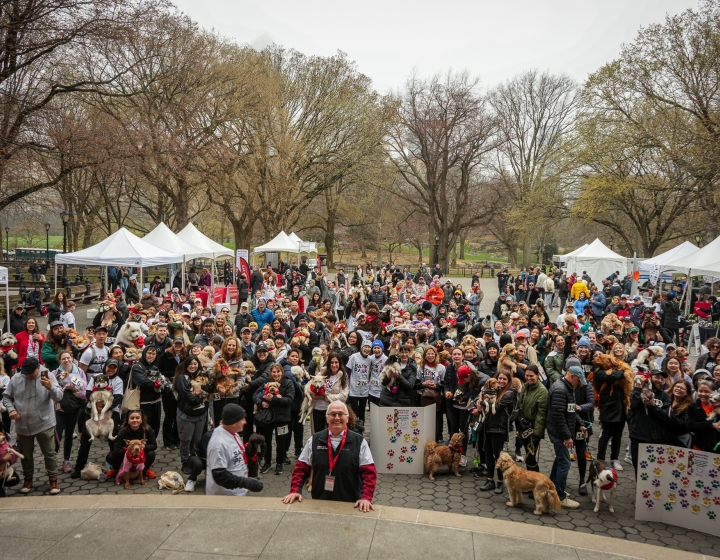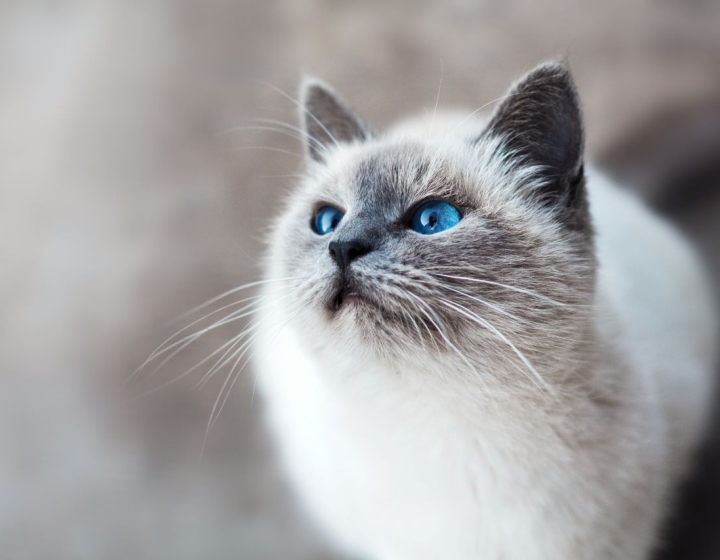Theriogenology service successfully breeds three mares with frozen semen
Blasland Sporthorses, in Manlius, N.Y., chose to breed three of their high-quality Warmblood mares to European stallions Uthopia, U-Genius and Vitalis, using frozen semen. “Sport horse breeders prefer European stallions because theirs is the most respected breeding model,” explains Sarah Ruby of the Department of Theriogenology, Cornell College of Veterinary Medicine. “Because the stallions don’t stand in this country, however, they have to use frozen semen and that poses some unique challenges.”
Frozen semen is usually costly to acquire and results in a lower conception rate. To improve the odds of success, veterinarians follow the mares through their cycles very closely. An ultrasound examination is performed every six hours to pinpoint ovulation. It’s not very practical to do this on a farm and the cost associated with many visits can be very high, particularly with three mares. As a result, Blasland elected to bring Hallecara, J’ai Donne and Emerald’s Way to stay at Cornell Equine Park and be managed by the Theriogenology service. The mares arrived at the Park together last July and spent two weeks there. During that time, they were successfully bred in just one cycle and with one breeding dose of frozen semen.
The Theriogenology Service regularly provides frozen semen breeding management. By closely monitoring the mares, including regular ultrasounds and manipulation of the estrus cycle, they can bring the mares into heat at a similar time. Deep uterine horn insemination was performed by Dr. Mariana Diel de Amorim, theriogenology faculty, and Dr. Anna Mitchell, then a first-year resident. Deep horn insemination requires more skill, but puts the semen much closer to the egg and helps increase the odds of success when using frozen semen.
Blasland is now considering returning to Cornell Equine Park for foaling in the summer. “These are quality foals that are being offered for sale in-utero, so there’s increased pressure to make sure they are healthy,” says Ruby. “Our Mare Foaling Service provides comprehensive care and monitoring from late gestation through rebreeding, and the Park is located just minutes from the hospital.”
Reproductive medicine specialists at Cornell University’s Equine Hospital provide foaling services at the Park, including close video monitoring of the mares, daily pre-foal tests and exams and medical care during and after foaling. The mares’ reproductive cycles can be monitored post-foaling to determine the optimum time for breeding again the following year.
By Cynthia L. McVey




